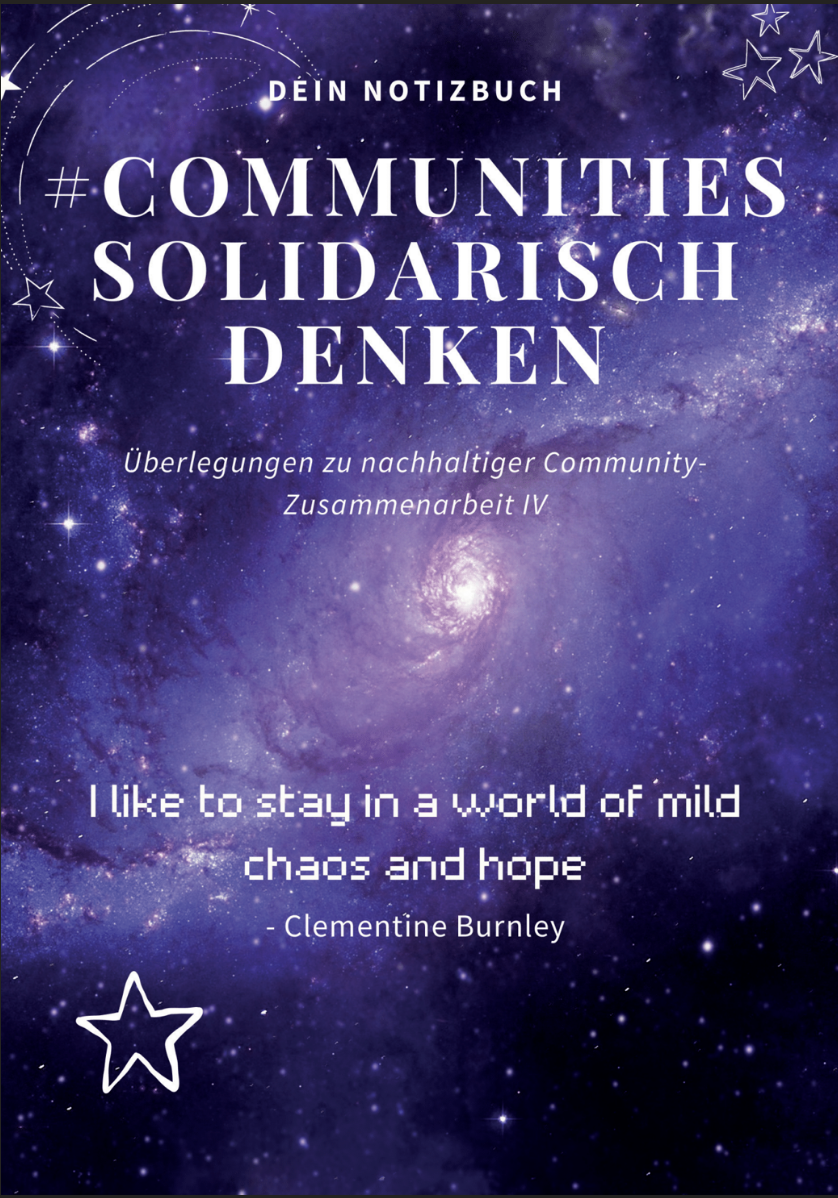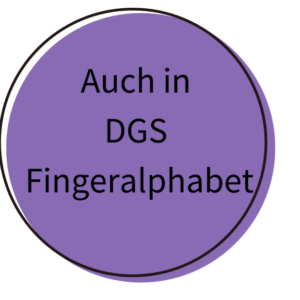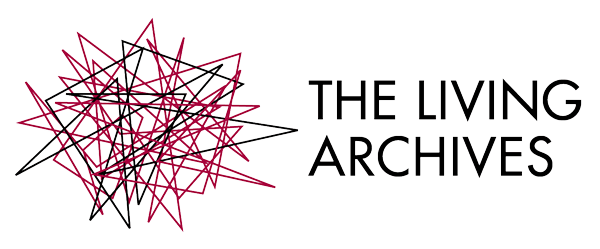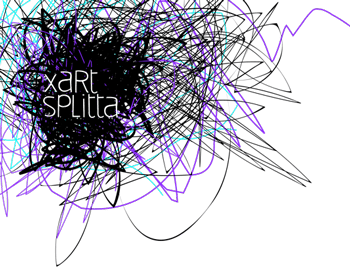Currently everything is still a mix of different languages – we apologise, we are working on a coherent translation.
#CommunitiesSolidarischDenken (Thinking Communities in Solidarity) in 2023 was all about the topic of ‘work/labour’. We met some great people, had exciting discussions and were able to participate in great spaces.
The central questions were: what is recognised as work and what is not? The re_centring of this unrecognised, erased and/or forgotten work played a major role. But criticism of work as a capitalist concept itself, of the pressure to perform, underpayment and burnout and, in contrast, the refusal to do so was also a recurring theme.
We have a documentation of our year and the processes for you.
Content:
1. Voice messages to #CommunitiesSolidarischDenken
2. Panel: „What we owe each other. About Solidarities and mutual aid.”
3. Kitchen Tables: Work, Work… Work?
4. Book Publishing Dr. Rena Onat: “Queer Artists of Color”
5. xart splitta Podcast
6. Snippet Hunt BIWOC Rising Quiz
7. Union organising with Inès Heider
8. Snippet Hunt Bullshitbingo
9. Restspace withTricia Hersey’s Rest is Resistance
10. Word riddle “Work”
11. Personality test: Which labour critic are you?

1. Voice messages to #CommunitiesSolidarischDenken
This year, we asked our speakers what their associations are with the word ‘labour/work’. We have listed the great answers here and hope that the voice messages will give you new food for thought or make recurring processes easier.
2. Panel: „What we owe each other. About Solidarities and mutual aid.”
Labour is performed in many ways. Whether work is stigmatised, unprotected or exploitative, the work we do (or the work we are not allowed to do) determines what entitlements, skills and resources we have to exist in society. And if our labour is precarious or in crisis, so are we.
Asmara Habtezion, Jihad Yagoubi, Newroz Çelik and Thủy-Tiên Nguyễn gave space to questions that have repeatedly arisen over the course of the year in this panel discussion and also exchanged views together on collective practices such as mutual aid.
3. Kitchen Tables: Work, Work… Work?
Kitchen Tables were literal self-set tables in kitchens by BIPoCs to create their own resistant spaces in a world where they were less recognised and/or acknowledged in discourses due to patriarchal dominance. In remembering and celebrating these empowering acts, we too have created our spaces to consider, create, reject, exchange theories and learn from each other.
Here you can find the documentation of the four kitchen tables at which we exchanged views with Anguezomo Mba Bikoro, Anjay Gothe, Armeghan Taheri, Ceren Türkmen, Farah Abdi, GodXXX Noirphiles and Inés Heider on topics such as de-recognised, erased, forgotten or alienated work.
4. Book Publication Dr. Rena Onat: “Queer Artists of Color”
Im Oktober hatten wir die Freude gemeinsam mit Dr. Rena Onat die Veröffentlichung ihrer Doktorarbeit zu feiern.
Renas Buch “Queere Künstler_innen of Color -Verhandlungen von Disidentifikation, Überleben und Un-Archiving im deutschen Kontext.” zentriert die Bedeutung von Queer of Color-Kritik für die Kunst- und Medienwissenschaften – denn dort sind meist weiße Wissenschaftler_innen vertreten.
Queers of Color kommen in der Kunstgeschichte und in der zeitgenössischen visuellen Kultur entweder gar nicht vor oder aber sie werden als hypersichtbare Andere repräsentiert. Was passiert aber, wenn ihre Perspektiven zum Ausgangspunkt für kritische Auseinandersetzungen mit Rassismus und Heteronormativität in Kunst und visueller Kultur werden?
Rena Onat analysiert zeitgenössische Arbeiten von u.a. Hasan Aksaygın, Aykan Safoğlu, Sunanda Mesquita und Raju Rage im translokalen deutschsprachigen Kontext. Diese queeren Künstler*innen of Color verhandeln dabei mit je spezifischen ästhetischen Praxen, Visionen von Disidentifikation, Strategien des Überlebens und Verfahren der Nicht-/Archivierung eigener Geschichten. Wichtig ist dabei auch die Anerkennung von künstlerischem Wissen, von positioniertem Erfahrungswissen und kollektivem Wissen, welches oft weniger in Universitäten, sondern in Community-Räumen und an Küchentischen entsteht.
5. xart splitta Podcast
Hier findet ihr unsere Podcast
Break Isolation Group by International Woman Space – with Lucy and Jacki
Passing on knowledge as community work – with Layla & Nesrine from Chkoun
6. Snippet Hunt BIWOC Rising Quiz
In August we had the most amazing snippet hunt with you! The best fun and a great break.
Our second station – at BIWoC Rising provided a fantastic quiz! Highest respect to Surya Paasch for creating the quiz and also a big thank you to Cérise C. Carson for realising the station at BIWoC Rising.
7. Union Organising – with Inès Heider
Inés Heider ist Sozialarbeiterin und arbeitete bis Juli 2023 an einer Oberschule in Neukölln. Wegen einer internen Mail, in der sie die angekündigten Kürzungen im Sozialetat des Bezirks kritisierte, wurde sie fristlos gekündigt. Nun wehrt sie sich dagegen – juristisch und politisch. Seit 2018 schreibt und fotografiert sie für Klasse Gegen Klasse, vor allem über Bildungskrisen, Streiks und Internationalismus.
8. Snippet Hunt Bullshitbingo
At the MRB (Migration Council Berlin), Ed Greve had the fourth task for you: create your own bullshit bingo – what fun! We thought it was so great that we have now created a joint bullshit bingo from the various bullshit bingos.
9. Restspace with Tricia Hersey’s “Rest is Resistance”
Have you actually taken a break yet? Rest is Resistance – lying down is peace and we need to practise resting more!
Thanks to and with Tricia Hersey’s support, hopefully we will all find more time and space to rest and learn to embed this as an essential part of our lives.
That’s why – in keeping with the theme of work – we also took a rest together in our Rest Space this year.
As resting is different for everyone and is (still) difficult for many people, here is a small collection to motivate and support you.
Resting can mean:
- Closing your eyes for ten minutes.
- A longer shower in silence.
- Meditating on the couch for twenty minutes.
- Daydreaming by staring out of a window.
- Sipping warm tea before bed in the dark.
- Slow dancing with yourself to slow music.
- Experiencing a Sound Bath or other sound healing.
- A Sun Salutation.
- A twenty-minute timed nap.
- Praying.
- Crafting a small altar for your home.
- A long, warm bath.
- Taking regular breaks from social media.
- Not immediately responding to texts and emails.
- Deep listening to a full music album.
- A meditative walk in nature.
- Knitting, crocheting, sewing, and quilting.
Journaling prompts
Meditate and dream with them. Use them as a discernment device ready to guide:
- What do I feel called to do?
- How can I create space for me and my community to heal? What needs healing in me?
- Can the idea of unplugging and resting for a whole month be reimagined by creating smaller moments daily, weekly?
- What does intentional rest and care look like to you? Sketch and map out a visual.
- How is your heart?
- Who are you being?
- What are you holding?
- What story are you telling yourself? What is a more liberating story you can tell?
- How can you create rest in this moment?
- Are you ready to change?
Meditations to rest
- I deserve to rest now.
- I am worthy of rest.
- I am not lazy. How could I be lazy? My Ancestors are too brilliant for that.
- Capitalism wants my body to be a machine. I am not a machine.
- I am a magical and divine human being.
- I have the right to resist grind culture.
- I don’t have to earn rest.
- Do less, watch how I thrive.
- Ease is my birthright.
- I Will Rest!
Here you can find more information on Tricia Hersey’s book “Rest is Resistance”.
10. Word riddle “Work”
Hidden in this riddle are 15 words relating to work. The words can be in German or English and can be read from all directions.

12. Personality test: Which labour critic are you?
Take your personality quiz here and quickly find out what type of labour critic you are!
This documentation took place as part of the LADS-funded project #CommunitiesSolidarischDenken.

